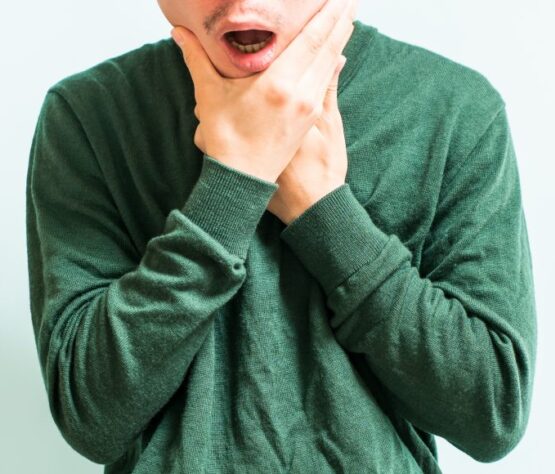Jaw Joint Pain
Invisible braces offer an excellent solution for individuals seeking to straighten their teeth discreetly and effectively. At Gardens Dental, we understand the importance of a confident smile and optimal oral health, which is why we provide expert invisible braces treatment tailored to your unique dental needs.
The temporomandibular joint (TMJ) is formed by the jaw bone joining with the bone of the skull, in front of the ear. The joint has a cartilage disc inside acting like a shock absorber for the joint. The jaw joint is surrounded by a capsule or envelope, which encloses it.
When the joint is not in its best shape and associated muscles are disrupted, there will be a complex number of symptoms –like clicking, popping, or sounds coming from the jaw; muscle pain that can be felt in the cheeks and side of the head; jaw joint pain; and severe tension headaches- and many people do not ever discover the true source of their problem until they have spent far too much time and money looking for answers to their discomfort.

Discomfort or pain in the TMJ can have many causes including, but not limited to:
- Trauma to the TMJ or surrounding muscles and tissues from a sporting injury, car accident or another physical incident
- A misaligned bite from uneven teeth, incorrect bite or loss of bite height as a result of the loss of the back teeth.
- Daytime clenching of the jaw and nighttime grinding of teeth while asleep.
There are different approaches to address the TMJ disorders and the best way to find which way suits you is to have an examination by our experienced doctors to give you the right advice.
© Gardens Dental | All rights reserved.

